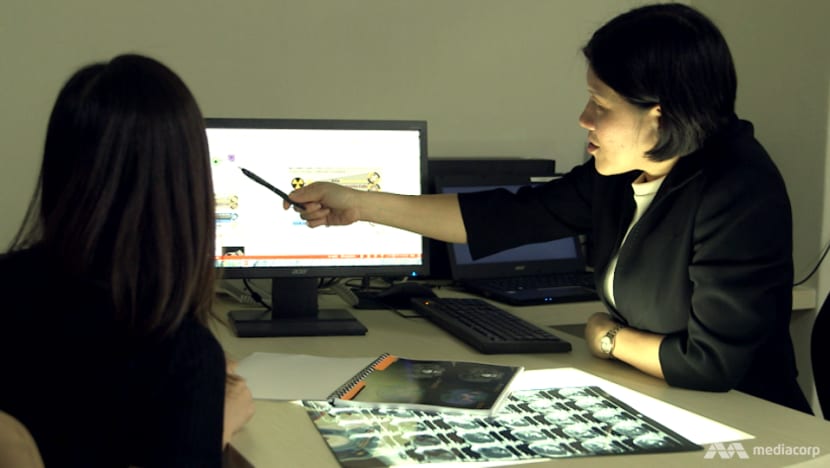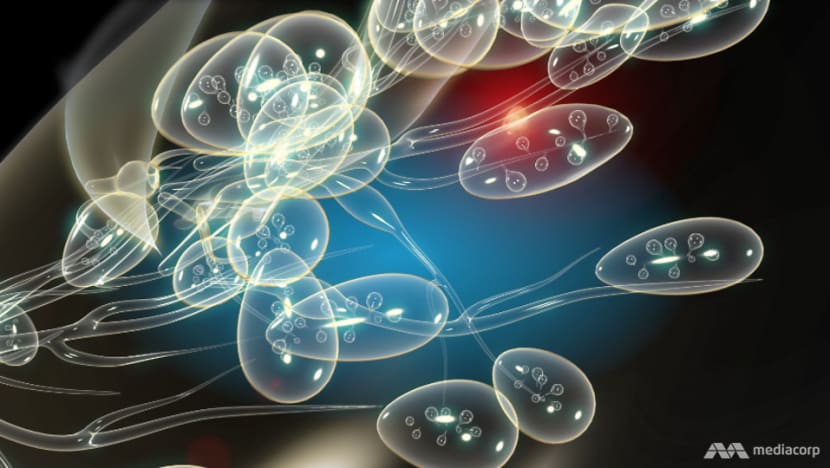Positive About Breast Cancer, Even at Triple Negative
Still the leading cause of cancer deaths among women in Singapore, doctors are helping victims overcome odds even in the face of aggressive triple negative breast cancer.

Dr Wong Chiung Ing explains the use of targeted therapies and immunotherapy in fighting breast cancer.
Breast cancer is the leading cause of death among Singaporean women, accounting for roughly 30 per cent of all cancers diagnosed in women.
The occurrence of breast cancer is linked to hormone receptors and a protein known as Her2 – the human epidermal growth factor receptor 2.
About 70 to 80 per cent of breast cancer cells express hormone receptors, commonly known as estrogen and progesterone receptors. As for Her2 receptors, only about 20-25 per cent of breast cancer cells express them.
“Her2 receptors are proteins that promote cancer cell growth”, explains Dr Wong Chiung Ing, a Medical Oncologist at Parkway Cancer Centre.

While conventional treatments such as chemotherapy are still sought to combat breast cancer, it is now also possible to destroy the cells with greater precision.
“We now have targeted therapy that targets this protein (Her2), interferes with the pathway, stops the tumour progression and therefore promotes cancer cell death” says Dr Wong.
She goes on to add that “targeted therapy can be combined with chemotherapy to have even more effective control on cancer cell growth.”
Signs of Breast Cancer, Apparent and Hidden
The most common tell-tale sign of breast cancer is a breast lump that is painful, hard and will not go away. The breast may be swollen as well because of this.
Other symptoms may include nipple inversion or nipple discharge which could be bloody or coloured. Breast cancer can also cause skin changes, including dimpling or puckering of the skin.
However, the bigger problem for doctors and patients alike lies beneath the skin, in the 15 per cent of breast cancer cells that do not exhibit either hormone or Her2 receptors. This is known as a triple negative breast cancer.
“Triple negative breast cancer tends to be more aggressive and have a higher chance of recurrence, as there is no target to treat in triple negative breast cancer” says Dr Wong.
Positive about Triple Negative Breast Cancer
Conventional treatment that involves surgery, chemotherapy and radiotherapy has been the main course of action in treating this strain of cancer so far.
However, as Dr Wong points out, “recent studies using immunotherapy in treating triple negative breast cancers show very promising results.”
Immunotherapy activates the body's own immune system to recognise and destroy cancer cells.
“This gives hope to this group of patients where treatment options are often limited.”
It is therefore imperative for patients to have the breast cancer cells tested for appropriate targets.
“Through testing, we can provide the most comprehensive treatment”, says Dr Wong.
Produced in partnership with Parkway Cancer Centre










